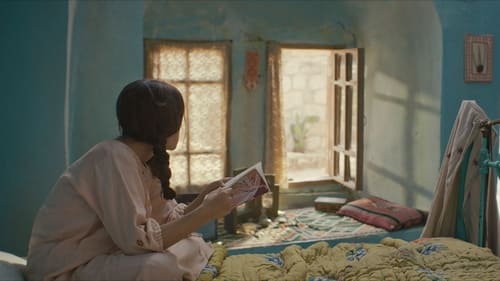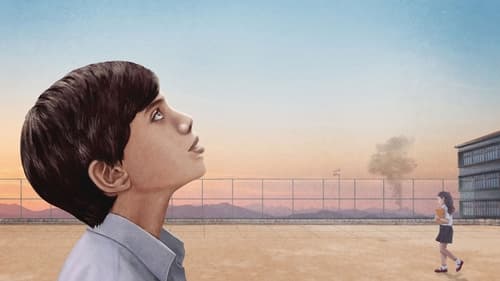
Original Music Composer
É 1948. Farha, uma menina de 14 anos, sonha em ir à escola na cidade com sua amiga Farida, mas ela sabe que, como é filha de um mukhtar, o chefe da vila, é esperado que ela se case, mas quer ir contra essas leis. Mas com os ingleses saindo do país, bombas israelenses chegam a sua vila e seu pai a tranca no porão da casa, prometendo a voltar assim que puder. Enquanto Farha olha pelas rachaduras e espera pelo pai, ela vê sua vila, que tanto queria sair, ser destruída, ameaçando seus planos que tinha para o futuro.

Director
In this depiction of a modern dystopian metropolis, the filmmaker and friends try to make sense of Beirut in the 30 years since the civil war. Nadim Mishlawi journeys through its recent history via a rich archive – capturing a place caught ‘between states of being and fading’. The textures of the environment are further enhanced through the use of an evocative soundscape. Stories held within the fabric of buildings and their surroundings emerge, begging us to consider the way we live, how we can learn from the past and the importance of finding some harmony between the natural and man-made world.

Original Music Composer
Durante a invasão do Líbano em 1982, em uma escola particular nos arredores de Beirute, Wissan, um estudante de 11 anos tenta declarar seu amor para uma colega de turma, enquanto professores de diferentes posições políticas lutam para controlar e disfarçar seus medos.

Original Music Composer
Atravessando o metrô de Beirute, Panoptic explora a esquizofrenia do Líbano. Representando uma nação prosperando para a modernidade, ignorando os vícios impedindo que ele alcance seu objetivo, a diretora Rana Eid examina esse paradoxo através de monumentos sonoros, icônicos e esconderijos secretos.

Music
Line of sight is the story of LAILA, a woman in her early twenties who has to revisit the choices she made in her life after an encounter with a car thief, who had made unusual choices himself.

Self
Gérard Courant's "Filmed Diary" of December 14, 2011, produced in Dubai (United Arab Emirates). Between December 7 and 15, 2011, Gérard Courant was invited by the Dubai International Film Festival, in the United Arab Emirates. It was an opportunity for him to film many "Cinematons" of personalities from the Arab world and to continue his "Film Notebooks" from which he brought back 7 episodes.

Sound
Were all the candidates’ faces posted on the walls of Lebanon during the parliamentary campaign of 2000 waiting for the results of the elections? No. As faces, they were waiting to be saved. Far better than any surgical face-lift or digital retouching, it was the physical removal of part of the poster of the face of one candidate so that the face of another candidate would partially appear under it; as well as the accretions of posters and photographs over each other that produced the most effective face-lift, and that proved a successful face-saver for all concerned. We have in these resultant recombinant posters one of the sites where Lebanese culture in specific, and Arabic culture in general, mired in an organic view of the body, in an organic body, exposes itself to inorganic bodies.

Through a closed study of the notorious, now derelict district of Karantina, Sector Zero uses Karantina’s history as a metaphor for Lebanon’s own troubled past, suggesting that by denying their traumas, the Lebanese people have entered a downward spiral into the abyss that is their own collective unconscious. The film is not so much a documentation as it is an exploration into the dark corners of modern Lebanon’s collective memory in an attempt to discover how much of who we are is based largely on that part of ourselves we have chosen to forget.







